Fastest Cars Under $30,000: Top 10

Fast*, new, or affordable: pick two. Or in the case of these 10 cars, all three.
While some of us might bemoan the lack of affordable performance cars out there, it’s not a barren desert of identical silver compact crossovers. In fact, even at the low price of just $30,000—two-thirds the average new-car transaction as of September 2021, according to Kelley Blue Book—there’s still plenty of performance options to be had. You won’t be swinging a V8 for this price, but that’s okay: some of these cars would demolish a turn-of-the-century V8 muscle car at the strip and at the track. And you’ll still get most of the modern amenities expected of a new car.
With that out of the way, read on to find the fastest cars for under $30,000 USD. Canadian readers, you’ll see your equivalent prices here, too.
SEE ALSO: Top 10 Best Sounding V8 Engines* – we’d be remiss if we didn’t point out that fast (top speed) does not equal quick (acceleration), the latter of which this list is based on. Unfortunately the Google SEO overlords prefer the F word.
Hyundai Elantra N Line
Our list starts with the middle-child of the Hyundai Elantra lineup. The N Line uses a 1.6-liter turbocharged four-cylinder—an engine you’ll see a few times on this list—to make 201 horsepower and 195 lb-ft of torque. A close-ratio six-speed manual is the standard transmission, but you can also spec a seven-speed dual-clutch (it’s the only choice in Canada). How quick are we talking then, as the car to kick off this list? Well, how’s 7.1 seconds to 60 mph (96 km/h) sound, according to MotorWeek? Not bad for a car that starts at $25,105 ($28,954 CAD), including destination.
Honda Civic Si
The Honda Civic Si has been the go-to affordable sport compact for years. As part of the 11th-generation Civic model that debuted for 2022, the Si still focuses on fun without breaking the bank. It did see a slight drop in horsepower, though. The carryover 1.5-liter turbocharged engine now makes an even 200 hp (down from 205), and the same 192 lb-ft of torque. There’s an improved six-speed manual transmission sending that power to the front wheels, too. That all resulted in a slightly slower run to 60 mph, taking 7.1 seconds in the hands of Motor Trend. Prices start a little over $27,000 ($33,000 CAD).
Kia Forte GT
Not loving the angular looks of that Elantra up top? Have you considered the Kia Forte GT? These two Korean siblings share a lot of the same underpinnings, and that carries over to their drivetrain. Underneath those baby-Stinger looks are the venerable 1.6-liter turbo-four, and your choice of a DCT or six-speed manual transmission. The Forte goes one step further by offering a whole bunch of surprising amenities, including available heated and ventilated seats, a Harman Kardon sound system, and navigation-based smart cruise control. Load up on everything and the Forte still slides under the $30k bar—it starts from just $24,515 ($28,240 CAD). It has the jump on its Hyundai counterpart, with Car and Driver recording a quick 6.7-second run to highway speed.
Kia Soul GT-Line
Here’s the third (and final) Hyundai Motor Group product on this list with that popular 1.6-liter engine. The Kia Soul is certainly the most unexpected performer, an upright box on wheels compared to the svelte sedans with which it shares its heart. Yes, it’s the same 201 hp and 195 lb-ft of torque. No, there is no manual option; just the seven-speed dual-clutcher. Maybe that’s what helped the Soul scoot to 60 mph in just 6.5 seconds in the hands of Motor Trend. All that performance, and you still end up with a whole bunch of practicality—more than anything else on this list, really. It can be yours for $29,105; sorry Canadians, there’s no turbo engine option for you.
Toyota GR86
Toyota (and Subaru, but more on it later) could’ve thrown in the towel with the second-generation GR86 (BRZ). It’s a niche offering in an increasingly small segment, after all. But luckily for enthusiasts, the little sports cars got a significant refresh for 2022. In comes a larger 2.4-liter flat-four engine, still naturally aspirated as the driving gods intended. Two six-speed transmissions are available, depending on whether you want two or three pedals. The car gained just 22 pounds over the previous model, despite more amenities, improved safety, and that bigger engine. No wonder it’s so much quicker to 60 mph now: Toyota quotes a 6.1-second dash. A bonafide rear-drive sports car for $28,725 ($33,280 CAD)? Heck yes.
Subaru BRZ
Maybe you like its smiling grille. Maybe you’re a sucker for WR Blue. Whatever the reason for picking the Subaru BRZ over the mechanically identical GR86, we’ve got another surprise for you: it’s quicker. Well, it was in the hands of Motor Trend anyway, which blasted the BRZ to 60 mph in 5.9 seconds. You’ll pay very slightly more for that privilege, however: Subaru charged $28,955 ($31,220 CAD) for a base BRZ.
Volkswagen Golf GTI
The regular Golf might no longer be available in the US and Canada, but Volkswagen has kept the GTI and R around. Hot hatch fans, rejoice! The sleek mk8 Golf is a five-door-only affair now, and both models come with powerful 2.0-liter turbocharged engines. The GTI’s pony count is now up to 241 hp, and a substantial 273 lb-ft of torque backs that up. Sending the power to the front wheels is your choice of a slick-shifting six-speed manual, or an eight-speed dual-clutch unit. An available electronic limited-slip differential ensures maximum grip through corners, too. It’s all very impressive, but there is one very slight caveat: the Golf GTI only qualifies for this list before destination. After that mandatory charge, you’re looking at $30,540 ($33,245 CAD). Still, it’s one heck of a bargain for an all-rounder like the GTI.
Ford Mustang EcoBoost
It won’t surprise you to learn that the American pony cars still dominate this performance cross-section. You want cheap and fast? That’ll be a Ford Mustang EcoBoost, then. V8 snobs will scoff, but we’re still talking 310 hp and 350 lb-ft, more than enough to worry the traction control (and local Cars & Coffee meets). With that turbo spooling, the Mustang will gallop to 60 mph in just 5.1 seconds. At a starting price of $28,400 ($33,890 CAD), you’ve still got some wiggle room to check a couple options boxes too, or go the aftermarket route. The Mustang remains an excellent affordable performance option, but it’s not the quickest…
Chevrolet Camaro V6
The eternal Mustang-Camaro war sees the Bow Tie brigade pull off another win here. If you’re itching for the quickest launch to 60 mph for under 30 large, the Chevrolet Camaro V6 is the way to do it. It’s not the most powerful: horsepower tops the list at 335 hp, but torque sits at 284 lb-ft. No matter; the lighter Camaro just noses ahead of its Dearborn competition, scoring an even 5.0-second run. Like the Mustang, a turbo-four is standard, but the V6 shows up as an option from the LT1 trim onward. The six-cylinder option begins at $28,290 ($33,958 CAD) for the six-speed manual, which features a rev-matching system unique to this group. If you’d rather the 10-speed automatic, you still have room in the budget to do it.
Become an AutoGuide insider. Get the latest from the automotive world first by subscribing to our newsletter here.

Kyle began his automotive obsession before he even started school, courtesy of a remote control Porsche and various LEGO sets. He later studied advertising and graphic design at Humber College, which led him to writing about cars (both real and digital). He is now a proud member of the Automobile Journalists Association of Canada (AJAC), where he was the Journalist of the Year runner-up for 2021.
More by Kyle Patrick



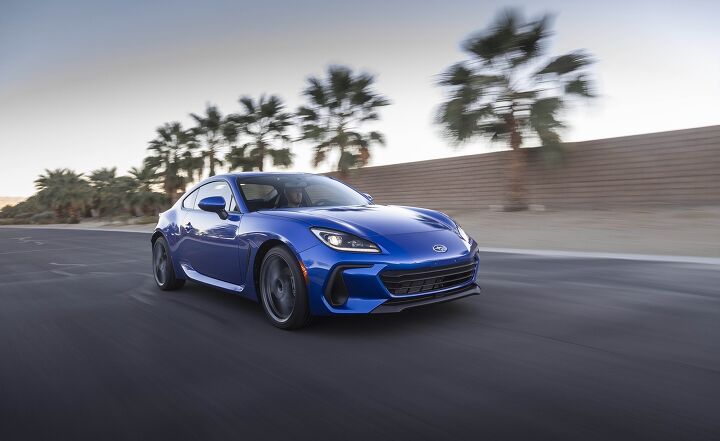


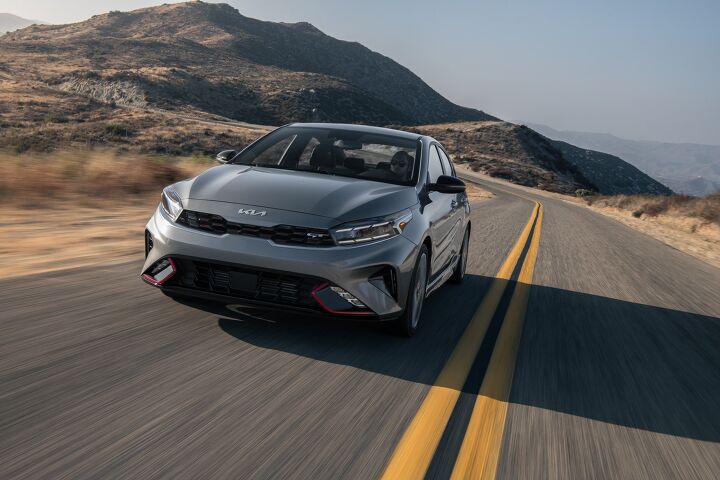
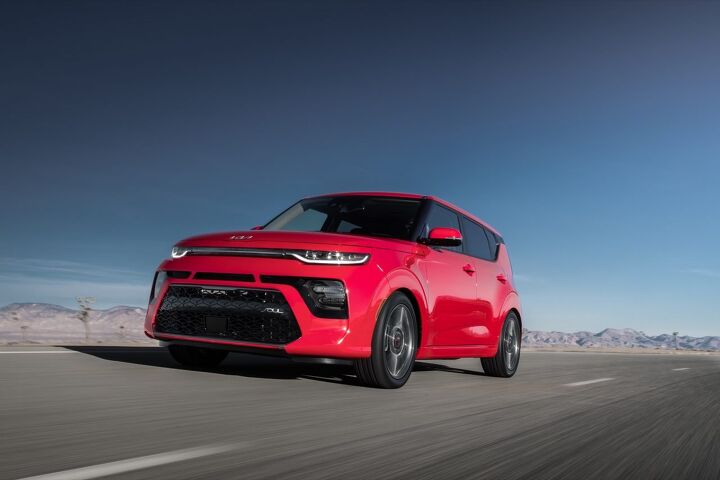
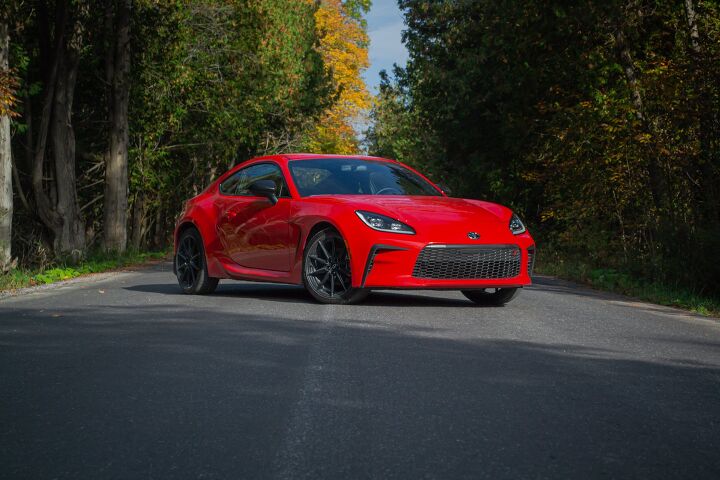
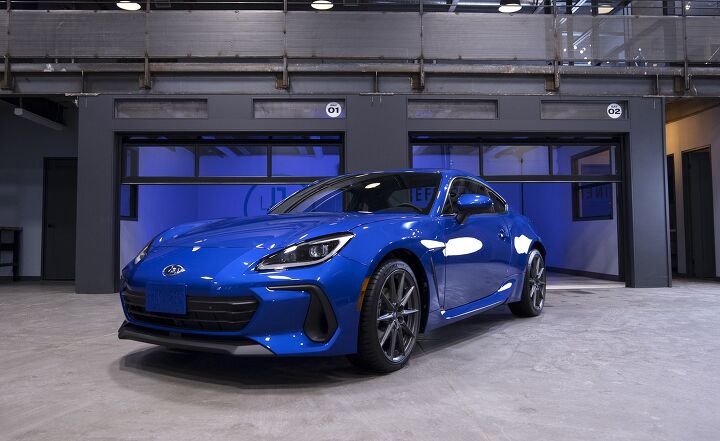
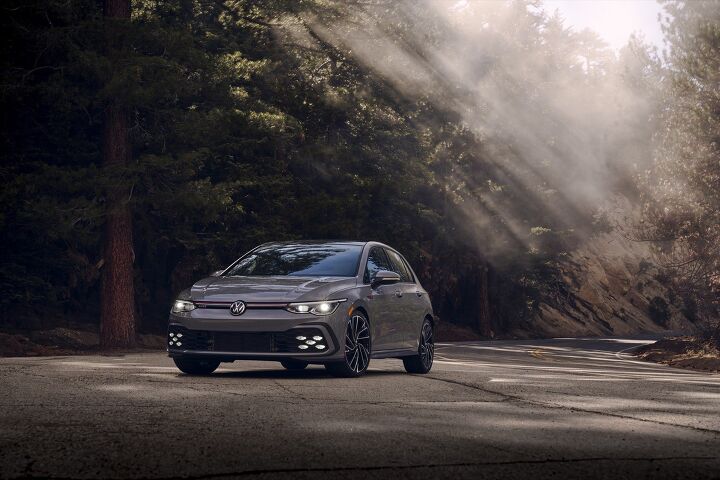

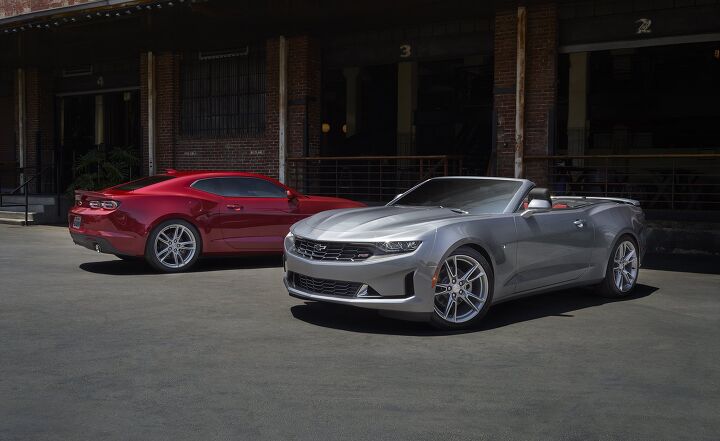
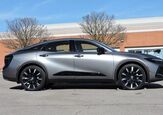











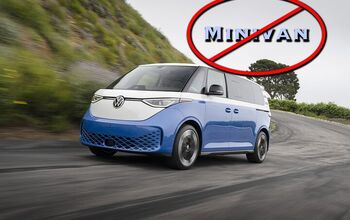

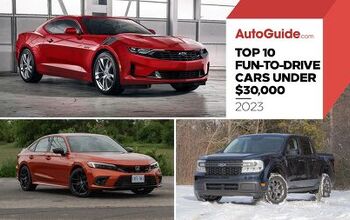
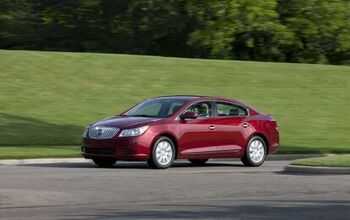
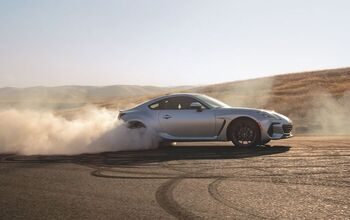
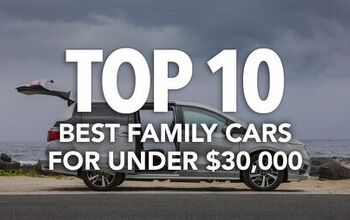


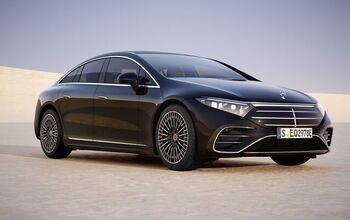
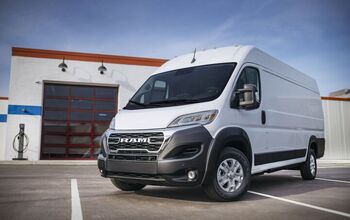
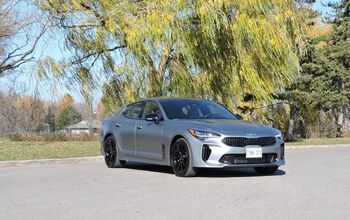

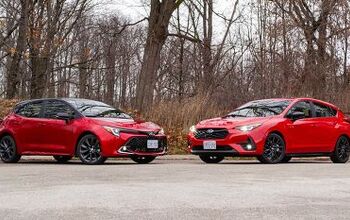



Comments
Join the conversation